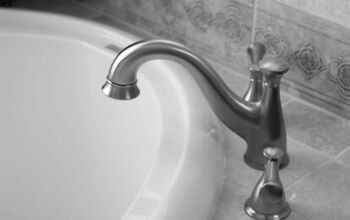Can I Put Perfume In A Humidifier? (Find Out Now!)

A humidifier can make your home much more comfortable in the dry winter months. If you have ever suffered from dry skin or chapped lips during this time of year, a humidifier could be a real game-changer. A humidifier can also emit a lovely scent in your home—if you do things right!
You can put perfume in a humidifier, but this may not be the best way to add scent to your home. Perfumes can be oil-based (such as essential oils and fragrance oils) and alcohol-based. It’s best to use essential oils or fragrance oils when you want your humidifier to emit a scent. This way, you don’t damage the appliance.
What Is a Humidifier For?
Humidifiers add moisture to the air in your home. You may find that when the air is quite dry, issues such as a sore throat or dry skin occur.
Studies have found that the ideal humidity level indoors is between 30-50%. At this level, it’s harder to catch airborne viruses like the flu. Maintaining a proper humidity level can also reduce the risk of static electricity indoors.
To test your home’s indoor humidity level, you can use a hygrometer. This will tell you whether you need to add more humidity to a room or if it’s time to shut your humidifier off.
What Can I Put In a Humidifier to Add Scent?
Adding perfume to a humidifier is an easy way to diffuse scent throughout your home. But it’s important to first check and see if your perfume is primarily oil-based or alcohol-based.
You should never use alcohol in your humidifier, as a humidifier heats the water to disperse it into the air. If there’s alcohol present, it could damage the machine or start a fire in your home.
It is much safer to use oils instead of alcohol when you want to add scent to a humidifier. Perfumes often include perfumer’s alcohol, and this type of alcohol will create a longer-lasting scent for the skin. But it’s not safe to use this alcohol in a humidifier.
What Is the Difference Between Essential Oils and Fragrance Oils?
Essential oils come from real plants and they’re frequently used for aromatherapy. Adding just a few drops of essential oil to your humidifier is an easy way to begin aromatherapy. From aromatherapy, you can experience relaxation, headache relief, stress relief, and energy renewal.
Here are ten examples of essential oil scents:
- Lavender
- Thyme
- Eucalyptus
- Citrus
- Rosemary
- Cinnamon
- Juniper
- Lemon
- Patchouli
- Peppermint
Many perfumes use fragrance oils to create their complex scents. Fragrance oils can be made with both natural ingredients and synthetic ingredients. Regardless of whether a fragrance oil is natural or synthetic, it’s important to note that fragrance oils are always made in a lab.
Here are ten examples of fragrance oil scents:
- Bubble gum
- Chocolate & Honey
- Mulled Wine
- Pumpkin Spice
- Sea Breeze
- Sugar and Spice
- Mint Chocolate Chip
- Vanilla
- Berries & Cream
- Summer Fresh
Natural Fragrance Oils vs. Synthetic Fragrance Oils
A human should only use natural fragrance oils on their skin, and never synthetic oils. This way skin irritation is avoided. When used in a humidifier, oils are lifted into the air via the heated water mist. This mist can cover your skin and be inhaled, so it’s important to make sure that your oil is natural.
Are Scented Humidifiers Safe for Pets?
Humidifiers themselves do not pose a risk to pets. When adding scent, it is especially important to make sure that the type of fragrance you use is safe for your furry friends to inhale. It is even more important to avoid synthetic fragrance oils when you have a pet in your home, as their respiratory system is more sensitive than a human’s.
While essential oils are always made with natural ingredients, it is important to check that your pet is able to inhale the oil from each plant that is used. It is best practice to keep your pets away from scented humidifiers. If you can’t keep them away, make sure the space is large so they’re not overpowered by the scent.
How Can I Keep My Humidifier Clean?
When changing scents in your humidifier, you should make sure the water reservoir is completely free of the previous scent before adding a new one. This will ensure that the fragrances do not get mixed together. Sometimes, a bad mix can be the result of combining two scents.
To clean oil from your humidifier, do not put the basin in the dishwasher. Instead, put 1 teaspoon of dish soap with one cup of vinegar in the water basin and then fill it with warm water. Allow the mixture to soak for 15 minutes so it clears away all traces of oil.
Even without adding oils to your humidifier, it is possible for your machine to get dirty. Make sure you follow manufacturer-specific instructions when you have to clean the machine.
The EPA suggests deep cleaning the humidifier basin by using a 3% solution of hydrogen peroxide on any area that comes in contact with water and oil. Rinse the area where hydrogen peroxide was used several times before replacing the water basin. An always unplug your machine before cleaning.
Do Humidifiers Cause Mold?
When not monitored properly, humidifiers can cause mold growth in your home. The moisture content in a room should never be above 50-60%. You can use a hygrometer to ensure that you are maintaining a proper humidity level while using your humidifier.
If you do not own a hygrometer, one easy way to tell that your humidity is too high is by looking at your windows. High humidity can cause condensation to form on the inside of your windows. In this case, stop using your humidifier and open your windows until the humidity has dispersed.
Final Note
Using scents in your humidifier is an easy way to make your home smell inviting and cozy. As long as you’re aware of the type of scent you’re using, it’s possible to safely enjoy a fragrant environment.

Matt loves everything DIY. He has been learning and practicing different trades since he was a kid, and he's often the first one called when a friend or family member needs a helping hand at home. Matt loves to work with wood and stone, and landscaping is by far his most favorite pastime.
More by Matthew Mountain



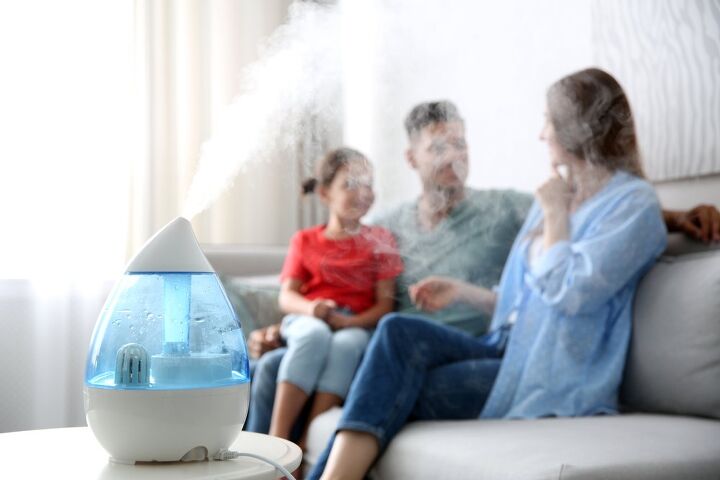






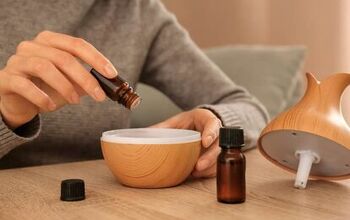
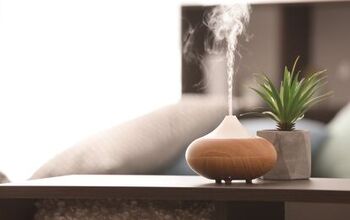
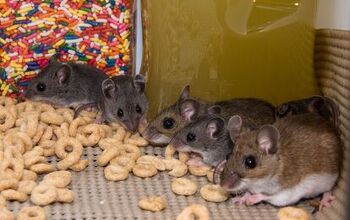
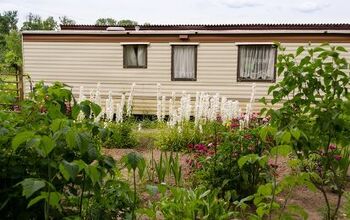




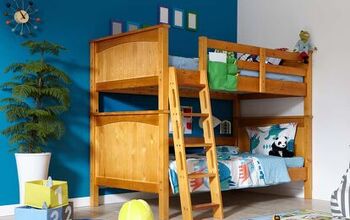
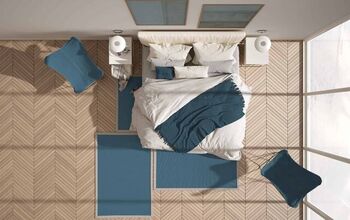
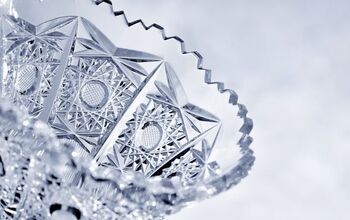
![Cost To Drill A Well [Pricing Per Foot & Cost By State]](https://cdn-fastly.upgradedhome.com/media/2023/07/31/9074980/cost-to-drill-a-well-pricing-per-foot-cost-by-state.jpg?size=350x220)





